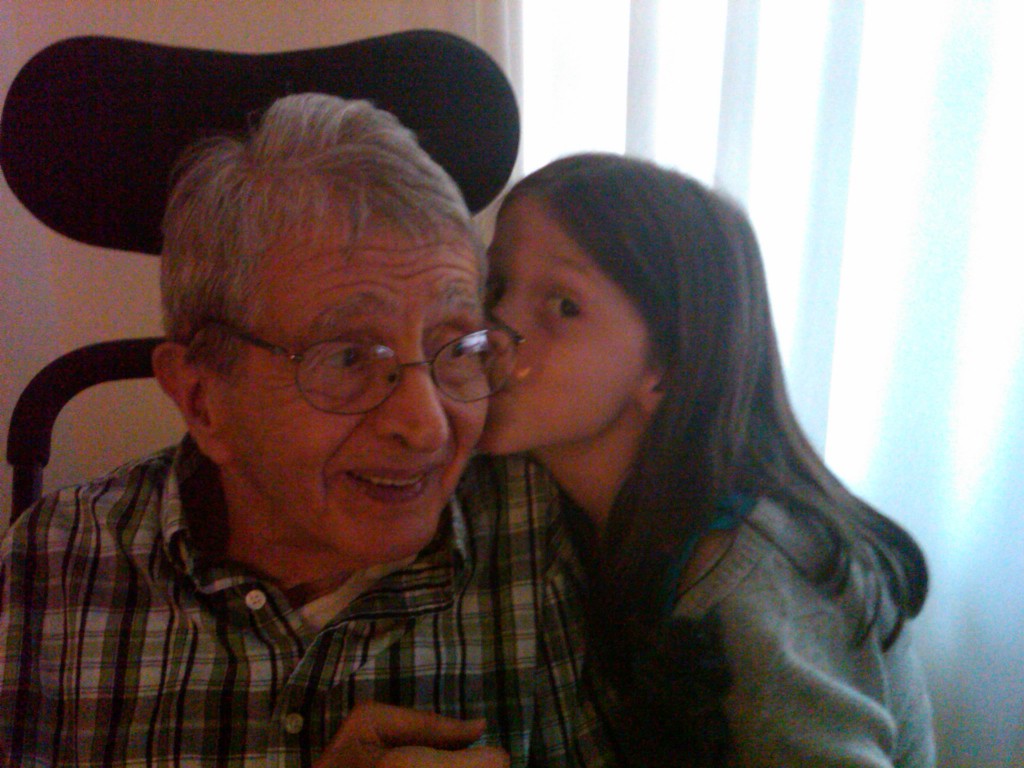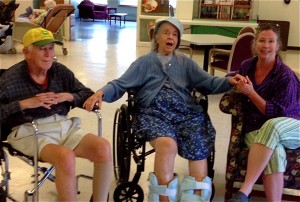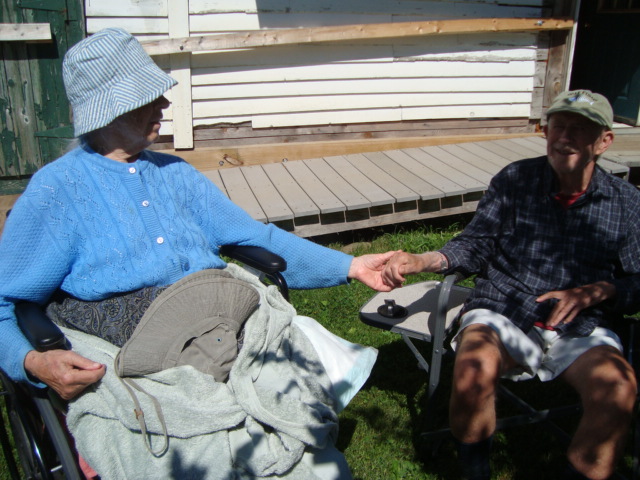by Karen Keller Capuciati
“Feeling of defeat: When you realize the place where you have moved your loved one gives less than desirable care and there is no place better to go to. I had to accept that this was as good as it gets.”
This comment was written by Martha in a recent post to In Care of Dad. She had done her due diligence, checking all the memory-care facilities in a 50-mile radius surrounding her home, eventually locating the very best place for her father. But she is frustrated because the care her father is receiving doesn’t match up with her expectations for the facility.
Martha explained that all the personalized care details that she communicated at intake — her father’s food likes and dislikes, his special skin care needs, etc. — are not being communicated to the folks who are caring for him. Furthermore, the activities provided by the facility are not engaging.
So Martha’s question is, what can be done?
I asked some professionals in the field of geriatric care for ways to help a person in Martha’s situation. Here are some of their suggestions:
Joan Blumenfeld, a geriatric care manager:
I’d like to have some help with this myself. Even “good” places often fall short of our expectations and their promises. Sometimes our expectations do not jibe with reality and that’s frustrating. So we have to make some adjustments to our expectations.
Consider the following:
- Pick your battles and set priorities. Not everything is worth a confrontation.
- If there is an issue of health or safety, speak to nursing or administration, not to the aides. Facilities are hierarchical. Power to fix, change or adjust comes from the top.
- Visit regularly and randomly, so you can see what is really going on.
- If you can afford it, a part-time private duty aide might be of service, though it may create conflict between staff and the private aide.














